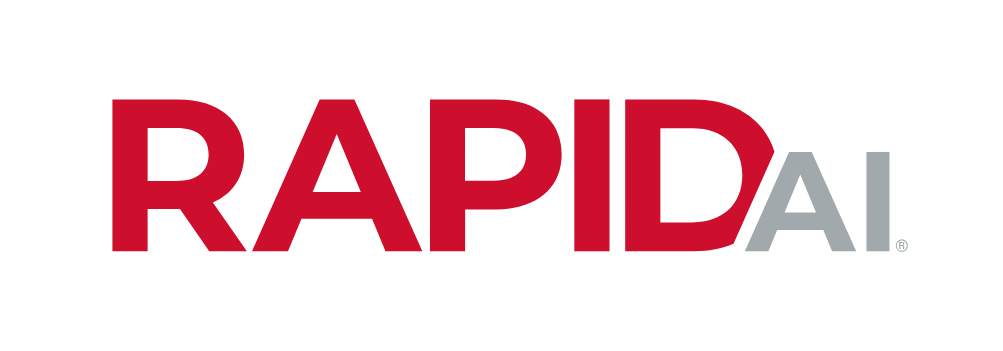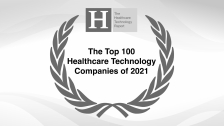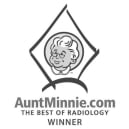ApTOLL, a neuroprotective agent, has shown promising results in the APRIL 1b/2a trial and reduced death and disability when used alongside standard treatment in selected ischemic stroke patients. Rapid CTP helped with patient selection and mismatch determination.
The study's results are encouraging because, for the first time, a neuroprotectant showed favorable results in a Phase 2 trial and reduced the volume of damaged brain tissue, long-term disability, and risk of death.
ApTOLL is a TOLL-like receptor 4 (TLR4) antagonist, an immune modulator that responds to tissue damage. Animal studies have proven that ApTOLL reduces inflammation and protects brain tissue from damage. However, studies in healthy adults before the APRIL trial failed to show similar results.
Testing the safety, efficacy, and optimal dose of ApTOLL in acute ischemic stroke patients
In this trial, the investigators evaluated whether ApTOLL can improve ischemic stroke patient outcomes when administered alongside standard treatment. Over 150 adults (average age = 70) diagnosed with acute ischemic stroke between July 2021 and April 2022 in 15 hospitals in France and Spain participated in the trial. They were given 0.05 mg/Kg ApTOLL, 0.2 mg/Kg ApTOLL, or a placebo.
All patients underwent an endovascular thrombectomy within 6 hours and received tissue plasminogen activator tPA if needed. The primary endpoint included safety parameters - death, malignant stroke, recurrent stroke, and symptomatic intracranial hemorrhage. The secondary endpoint focused on efficacy parameters - the final infarct volume after 72 hours, the NIHSS score at 72 hours, and the mRS score at 90 days.
The higher dose of ApTOLL resulted in favorable efficacy and safety outcomes.
The higher dose of ApTOLL showed a neuroprotective effect when compared to the placebo. The size of the final infarct volume at 72 hours was reduced by 40% in these patients compared to the placebo group. They also achieved significant improvement in NIHSS scores at 72 hours. 64% of the patients who received a higher dose of ApTOLL had an mRS score of 0-2, compared to 47% of patients in the placebo group.
The lower dose did not show any effect compared to the placebo.
The death rates in patients who received the higher dose of ApTOLL were more than four times lower than in the placebo group (4% versus 18%).
Planning of more extensive trials is underway to test the efficacy and safety of ApTOLL in acute ischemic stroke patients.
RapidAI is proud to partner with hospitals and support patient selection in some of the most influential stroke clinical trials ever performed. Learn more about Rapid for Trials.



